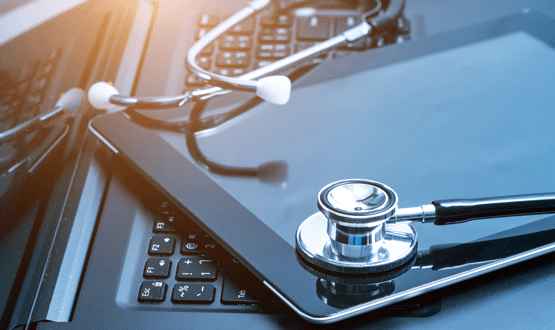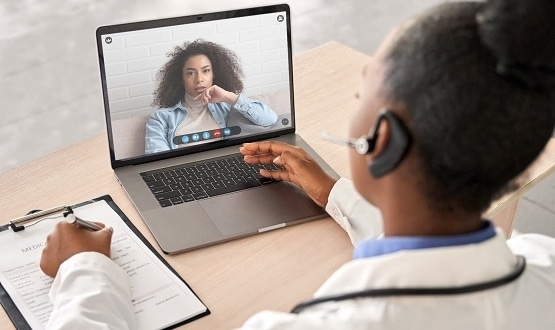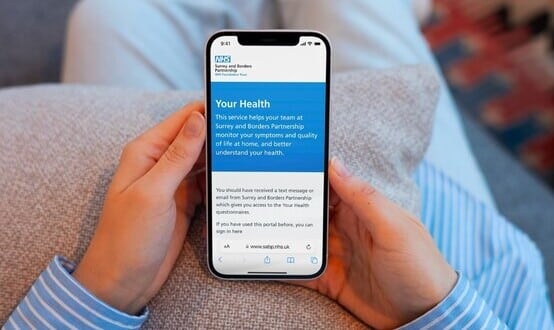‘Clear pathway’ to training GPs for digital-first primary care, says LIVI

A new report by LIVI points to a “clear pathway” to help GPs prepare for digital-first service requirements outlined by NHS England’s new primary care contract.
Under the new GP agreement published in January, all patients in England are expected to have access to digital GP services by April 2021.
This includes offering patients the ability to consult with a doctor via video link as set out in the targets of the NHS Long Term Plan.
In a poll of 100 GPs in the UK by LIVI, 77% said they had not received any training on delivering care to patients a video consultation, including the correct use of webcams and etiquette for physical examinations delivered remotely.
The report also found that 78% of GPs felt that poor technology – including inefficient hardware and shoddy Wi-Fi availability – posed a barrier to the ambitions laid out in the new GP contract.
NHS England’s new GP contract gives practices almost £1bn across five years to help fulfil ambitions laid out in the NHS Long Term Plan.
One of the features in the package is increased digital access for patients, including GP practices ensuring they can offer online consultations by April 2020 and making at least 25 per cent of appointments available for online booking by July 2019.
Despite positivity and support for digital change, LIVI’s data suggested that only one percent of appointments currently take place online.
Dr Harriet Bradley, medical director, LIVI said: “The potential for digital healthcare is significant, allowing patients to access care whenever and wherever they need it. This will provide new, more flexible working options for doctors, and reduce pressure on the system by increasing GP capacity and decreasing waiting times.
“But for this to happen, there is much to be done to get our tech infrastructure ready.
“Aside from these necessary upgrades, GPs are calling for more support and training. We believe ‘webside manner’ should be an available training module for both experienced GPs and GPs in training – we want GPs to be empowered to embrace the digital healthcare revolution”.
[themify_box icon=”info” color=”gray”]
LIVI’s findings include:
- 99% of GPs are stressed by rushed consultations
- 95% of GPs feel stressed by long working hours
- 94% of GPs feel stressed by a poor work-life balance
- 80% of GPs think video consultations would make it easier to work from home
- 65% of GPs think video consultations would make it easier to work more flexibly
- 65% of those aged 65+ would be willing to consult their GP over video link if available
- 1% of all current consultations are delivered via video link
- 15% of patients would be willing to switch GP practices in order to access digital healthcare
- 77% of GPs have not had any had any specific training on video consultations
- 78% of GPs see poor technology and a lack of tech support as a barrier to delivering video consultations
[/themify_box]
Livi’s report also polled 2,000 UK residents, found that 15% of patients would be likely to switch practices to access video GP consultations.
This demand spans generations – almost two thirds of respondents aged 65 and over saying they would be willing to consult their GP via video.
Despite positivity and support for digital change, LIVI’s data suggested that only 1% of appointments currently take place online.
Juliet Bauer, managing director of LIVI, added: “We are on the brink of a healthcare revolution in the UK. What this research shows is the massive potential for digital to transform the delivery of primary care, benefiting patients, GPs and helping to reduce pressure on the wider system.
“We look forward to continuing our work with the NHS – bringing our service to more areas of the UK and turning digital care into a reality for millions of patients.”




